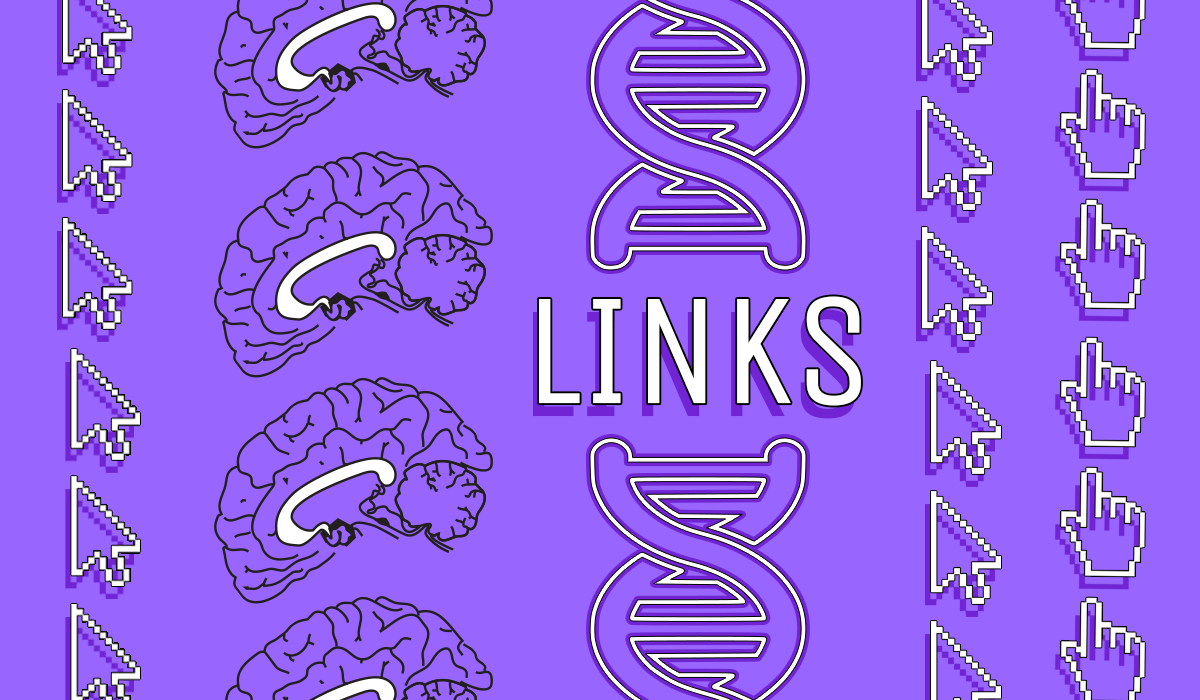LINKS - November 9th, 2022
Welcome to LINKS — my attempt to provide Rhapsody readers with five interesting stories that tell us something about what it means to be human. LINKS is published every Wednesday. Have a link you want to share? Drop it in the comments.
Do We Have the History of Native Americans Backward?
By David Treuer, The New Yorker
“Hämäläinen’s broader point is that, long before the Europeans arrived, the peoples of the New World didn’t inhabit the stasis of an ethnographer’s account; they experienced a tumultuous process of continual change, which is to say, they were social and political actors. By the sixteenth century, around five million Native people had inhabited or made use of almost every part of North America. The usual story depicts them as dwelling in harmony with one another and the natural world in some cultural and ecological Eden that was then torn apart by Europeans. In fact, as Hämäläinen shows, they manipulated nature—rerouting water to create gardens in the desert, domesticating cultivars through seed selection—and they projected power, sometimes in violent ways, subordinating or being subordinated to their neighbors. They didn’t live in harmony; they lived in history.”
Discovery of bronzes rewrites Italy's Etruscan-Roman history
By Nicole Winfield, Associated Press
“The discovery, in the sacred baths of the San Casciano dei Bagni archaeological dig near Siena, is one of the most significant ever in the Mediterranean and certainly the most important since the 1972 underwater discovery of the famed Riace bronze warriors, said Massimo Osanna, the Culture Ministry's director of museums.”
An Ancient People’s Oldest Message: Get Rid of Beard Lice.
By Oliver Whang, The New York Times
“But those words turned out to be anything but banal. Dr. Hasel and his colleagues dated the comb to around 1,700 B.C., which means that this appeal against lice is one of the oldest examples of the writing of Canaanites, an ancient Near Eastern people credited with developing the earliest forms of the alphabet that would evolve into the letters used in this newspaper today. As the scientists explain in an article published Wednesday in the Jerusalem Journal of Archaeology, the 17 letters on the comb form the oldest full, decipherable sentence ever found in an early alphabetic script.”
Archaeologists Unearth Trove of Viking Age Jewelry in Sweden
By Sarah Kuta, Smithsonian Magazine
“Though the researchers were surprised and delighted to find all of the jewelry, they were particularly interested in the 12 coins. Some originated in Europe—probably from regions like Bohemia, Bavaria and England—while others were Arabic coins called dirhams.”
How I Learned to Stop Worrying and Love Uncertainty
“When I first learned the full extent of quantum weirdness, in school, my brain broke, along with my expectations of how the world works. My first reaction was amazement and wonder at the richness and complexity of the subatomic world. And then … dismay. Heartbreak. Confusion. Torment. A storm of emotions poured over me as I tried, in vain, to go from awestruck wonder to considered understanding.”




